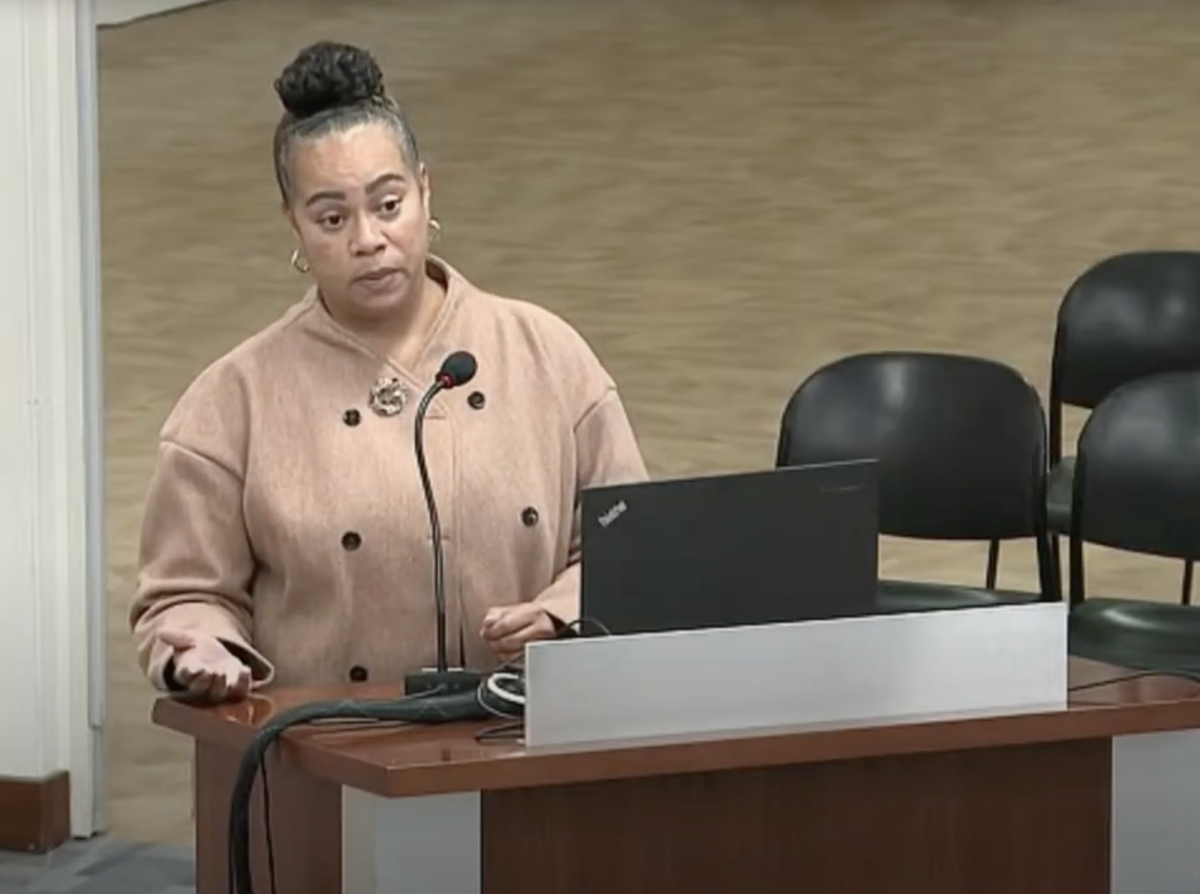By Saskia Hatvany
Each year, two-thirds of California community college students are identified as “underprepared” and referred to remedial courses. For many, this means repeating basic math and English courses they took in high school.
But this year many students will be able to avoid that path thanks to a new California bill, AB 705, which went into effect Jan. 1 and requires community colleges to use more than just an assessment test to measure a student’s readiness for college-level math and English.
All freshmen students are required to take an assessment test. It cannot technically be failed, but low scores will result in a student being placed in remedial courses, which could set them back years.
Of all the students who attend California community colleges, 52 percent fail to receive a degree within six years, according to a 2018 study by the Student Success Initiative (SSI). Even more problematic, the study found that students who took remedial courses were 30 percent less likely to complete their degree requirement during that time.
Apparently, the assessment tests are not helping. One 2016 study by The RP Group found that the tests tend to place students lower than what they can accomplish.
“If students are off by one or two points it could place them in a whole course level below what they might be eligible for,” said Mildred Lewis, Laney’s dean of enrollment services.
The main problem with the assessment tests, according to Lewis, is that they are not equitable because they fail to take into account gender, age and culture. This, in turn, has mainly affected African-American and Latino students.
The SSI study found significant disparities between the graduation rates of black and Latino students, compared to those of white and Asian students.
This is where AB 705 hopes to make a big difference — by making it mandatory for community colleges to use “Multiple Measures” to place students. These measures will include taking into account high school GPA, high school course completion, an assessment test and a self-placement test, as well as other determining factors instead of basing it solely on one assessment test. In certain cases, students might even be able to self-assess, and decide to bypass the remedial courses completely if they feel capable of going straight to college-level courses.
The concept of multiple measures is not new. Title Five of the California Code of Regulations has required colleges to use multiple measures to assess students for over two decades. However, the measures themselves were not specified and therefore not used consistently.
“The assessment test was always the standard,” said Lewis, who is confident that the bill is a step in the right direction.
The push for faster graduation rates has also come from the State. California has the fifth largest economy in the world, and will need another one million citizens with bachelor’s degrees by 2025, according to an independent study by the Public Policy Institute of California.
These predictions have caused state economists to put incentives into place to encourage community colleges to prioritize success rates. In the past, much of CCC’s funding was proportional to enrollment, but starting now, the State will subsidize the budget based on factors such as graduation rates, grants, student aid, and student success.
AB 705 is just one measure that will help community colleges fulfill these goals. It aims to maximize the likelihood that a student will complete college-level math and English within one year of enrollment, which is currently not the case for the majority of students.
By making multiple measures mandatory, AB705 is enforcing policies that have existed under the radar for years. Its success is relevant to students, community colleges, and the state of California itself. What makes the bill truly exciting, according to Lewis, is that it is inducing a collaborative effort between the district, faculty and student services to create a better community college experience for everyone.
If you feel that you are not reaching your full potential as a student, or if you are confused, talking to a counselor is free and is one of the best resources for help on campus. The Laney counseling office is on the third floor of the Administration building and open for drop-in counseling throughout the day, Monday to Friday.

























